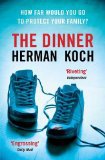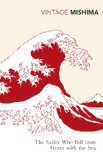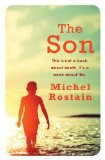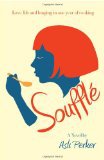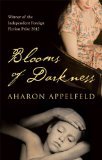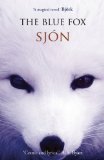 Translated from the Icelandic by Victoria Cribb
Translated from the Icelandic by Victoria Cribb
Five words from the blurb: Iceland, priest, Down’s Syndrome, landscape, fate
The Blue Fox is a confusing little book. It only really makes sense once you’ve finished it and have had plenty of time to reflect on the beautiful, but often strange passages.
The book is set in Iceland and begins with a captivating series of scenes in which Skugga-Baldur, the local priest, heads out in freezing conditions to try to capture a rare blue fox. This story is woven with several others, including that of a girl with Down’s syndrome and a ship wreck, but to say much more would spoil the mystery.
The writing in this book is fantastic. Much of it feels like a giant poem, especially the hunt scenes in which individual lines are given their own page. But, even when entire pages are given over to text the writing still sings with its vivid descriptions and almost mythical atmosphere.
In the halls of heaven it was now dark enough for the Aurora Borealis sisters to begin their lively dance of the veils. With an enchanted play of colours they flitted light and quick about the great stage of the heavens, in fluttering gold dresses, their tumbling pearl necklaces scattering here and there in their wild caperings.
The only downside is that its fragmented nature meant I couldn’t bond with any of the characters, but despite this problem the wonderful descriptions of the landscape and the glimpses into Icelandic culture meant that this book was well-worth reading.
Recommended to those who enjoy beautiful writing and are willing to work hard to piece together a fragmented story.

.
Those who’ve already read the book might be interested in this animation of it as I found it gave me even more food for thought:
.
The thoughts of other bloggers:
...a rather exquisite, highly nuanced novella… Reading Matters
haunting and mesmeric and so different from anything else I’ve read. Stuck in a Book
…bold, memorable and wholly its own. Just William’s Luck

